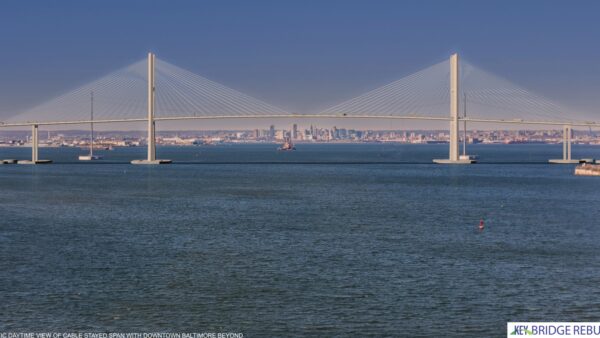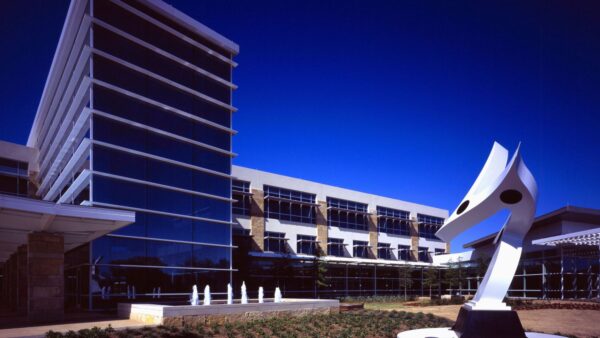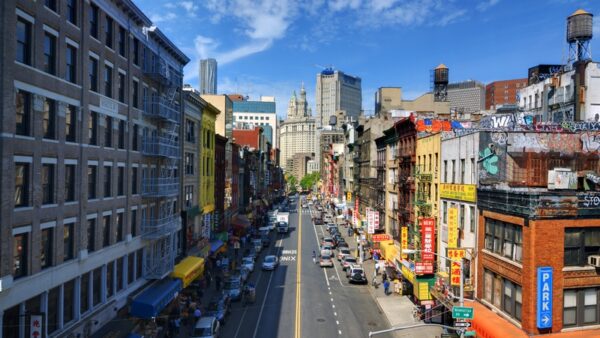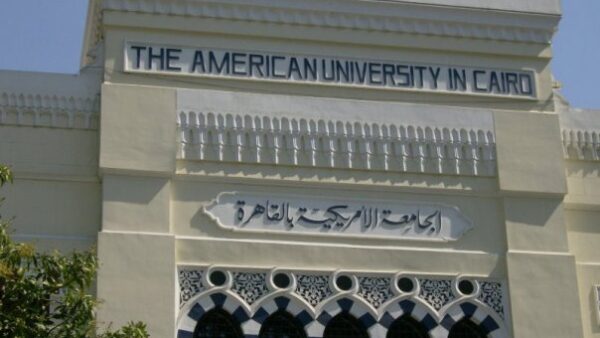2 October 2013
48% of construction professionals feel that corruption is commonplace in the UK construction industry according to a survey by the Chartered Institute of Building (CIOB).
Respondents suggest that cultural practices and economic conditions are the main reasons for the prevalence of corruption, noting squeezed tender margins and reduced workloads have pressurised some professions into corrupt practices as a means to survive.Â
The survey, of 700 construction professionals, aimed to investigate whether corruption is perceived to be a problem, what practices are deemed to be corrupt, and which parts of the construction process may be susceptible to corruption.Â
The CIOB previously undertook research on corruption in 2006.
Michael Brown, CIOB Deputy Chief Executive said, “Our findings reveal that little progress has been made since our first piece of research into corruption in 2006. What we have found is that cultural practices and the consequences of the recession have placed a greater strain on companies to sometimes engage in adverse practices as a survival mechanism.”
More than one in three (35%) said they had been offered a bribe or incentive on at least one occasion. And over a third (38%) had come across cartel activity in the UK construction industry on at least one occasion. Of those, 29% have witnessed it over the last 12 months.

Â
Nearly half of the respondents were unaware whether their firm had a whistle-blowing policy, and only 7% said that they had used it, reporting varying degrees of success.
More than half of the respondents (54%) were unable to estimate the annual cost of fraud or corruption to their organisation, this is despite 45% of the sample describing themselves of senior management or director level. Nearly 10% also indicate annual losses totaling £1 million or more as a result of fraud and corruption.
Graham Hand, Coordinator of the UK Anti-Corruption Forum, said “This valuable report shows that despite the introduction of a tough new Bribery Act in 2010, corruption is still common in the construction business in this country. That is unacceptable. The law enforcement agencies need to work with the professional and business organisations to educate companies about their responsibilities, and they must act against companies that break the law.”
The research indicates, as it did in 2006, that the UK construction industry and UK Government are not doing enough to tackle corruption. The CIOB suggests that measures aimed at tackling corruption, such as the Bribery Act, appear to have had a limited effect, with no prosecutions against businesses taking place.
“If the UK is going to live up to its rhetoric of being tough on corruption, both the Government and industry must do more to show proof of progress,” said Michael Brown.
The European Commission estimates the economic costs incurred by corruption in the EU amount to EUR 120 billion per year, representing around 1% of total EU GDP. Globally, the economic cost of corruption is estimated to be around US $2.6 trillion, more than 5% of total global GDP.
See the research here.










